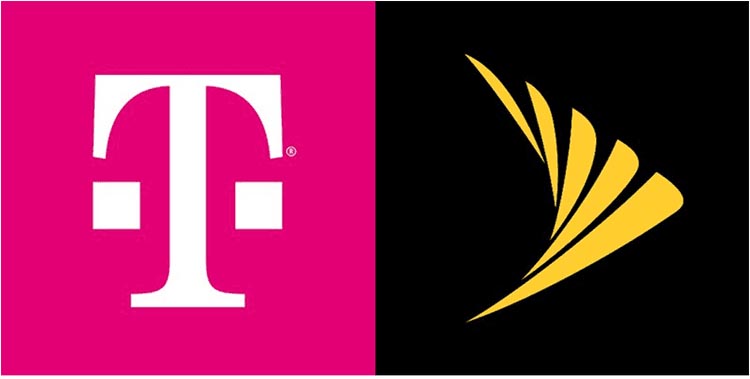
T-Mobile and Sprint are aiming to finish their merger by April 1 now that all legal issues have been resolved and regulatory approval has been granted, the two companies announced today.

In a press release, Sprint and T-Mobile announced an amended business combination agreement that has been approved by the Boards of Directors of T-Mobile and Sprint. Under the terms of the amendment, T-Mobile parent company Deutsche Telekom will get a slightly higher ownership stake in the new company.
Mike Sievert, T-Mobile COO and President (who will be CEO of the new company as of May), said that with the new agreement in place, the focus is on closing the transaction and creating the new T-Mobile company "as early as April 1, 2020."A separate arrangement entered into by SoftBank Group Corp. in connection with the amendment will result in an effective exchange ratio of approximately 11.00 Sprint shares for each T-Mobile share immediately following the closing of the merger, an increase from the originally agreed 9.75 shares. This is a result of SoftBank agreeing to surrender approximately 48.8 million T-Mobile shares acquired in the merger to New T-Mobile immediately following the closing of the transaction, making SoftBank's effective ratio 11.31 Sprint shares per T-Mobile share. Sprint shareholders other than SoftBank will continue to receive the original fixed exchange ratio of 0.10256 T-Mobile shares for each Sprint share, or the equivalent of approximately 9.75 Sprint shares for each T-Mobile share.
Immediately following the closing, and after the surrender of shares by SoftBank, Deutsche Telekom and SoftBank are expected to hold approximately 43% and 24%, respectively, of the fully diluted New T-Mobile shares, with the remaining approximately 33% held by public shareholders.
The merger between Sprint and T-Mobile was able to proceed after a judge in early February ruled that the deal could go on despite an antitrust lawsuit filed by attorneys general from 13 states and the District of Columbia."We are on the verge of being able to do what we've set out to do from day one - reshape a broken wireless industry and create the new standard for consumers when it comes to value, speed, quality and service. The New T-Mobile is literally going to change wireless for good and now we're almost ready to get to the fun part: bringing our teams together, building this supercharged Un-carrier and becoming the envy of the wireless industry and beyond!"
The states argued that combining T-Mobile and Sprint was not in the public's interest as it would reduce competition and lead to higher smartphone bills, but T-Mobile's pro-consumer efforts that spurred changes in the smartphone industry weighed in the merger's favor.
The combined company will be known as "New T-Mobile" and it will be the third largest carrier in the United States after Verizon and AT&T.
T-Mobile and Sprint have committed to building a nationwide 5G network covering 97 percent of the U.S. population in three years and 99 percent within six years. T-Mobile has promised not to raise prices for three years following the merger's completion, and plans to offer the same or better rate plans even when 5G connectivity is available.
To gain regulatory approval from the FCC, T-Mobile and Sprint were required to sell some of their assets to Dish, as the FCC wants to see Dish become the fourth nationwide facilities-based wireless carrier in the United States.
Article Link: T-Mobile and Sprint Aiming to Close Merger as Early as April 1

